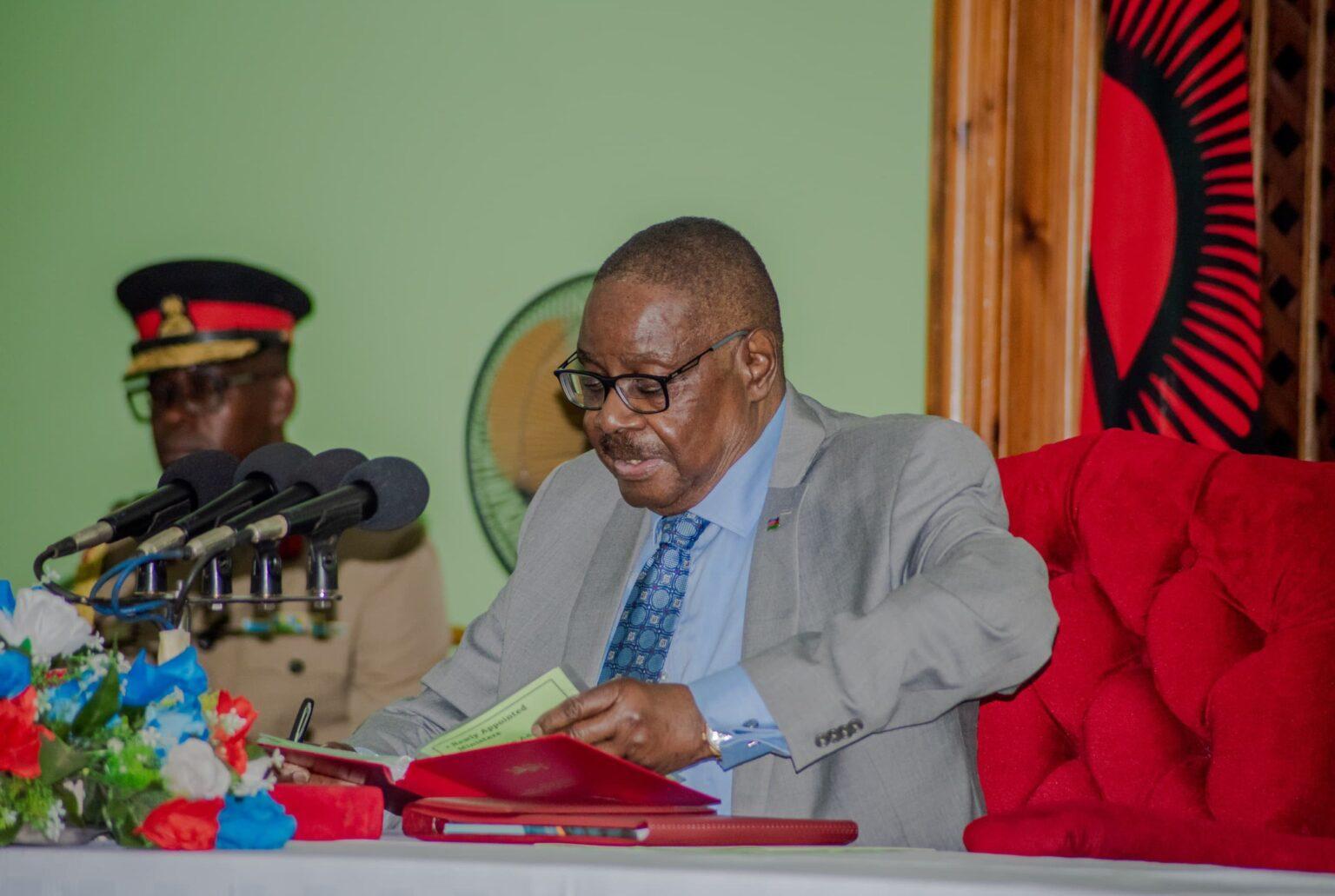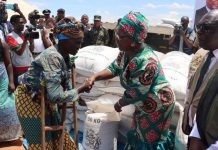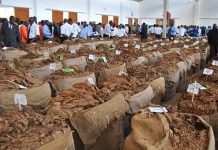By nyasatimes
Africa-Press – Malawi. Malawi woke up yesterday to yet another grim announcement: President Peter Mutharika has extended the State of Disaster to all 28 districts as hunger tightens its grip on the nation. The declaration — first issued for 11 districts in October — now blankets the entire country. Four million Malawians are officially food insecure. And the truth is brutal: this is no longer a seasonal crisis. It is a national failure decades in the making.
A dry spell may have triggered this year’s disaster, but the hunger stalking Malawi is not simply about failed rains. It is about failed systems, failed leadership, and a dangerous political comfort with watching millions line up for food every year.
Chief Secretary Justin Saidi’s statement dutifully outlines the government’s intentions: humanitarian assistance, intensified irrigation farming, appeals for support. Yet Malawians have heard this script before — in 2001, 2005, 2016, 2020, and again today. Each time, we bury the problem under donated maize while ignoring the real question: why does a nation with so much arable land, so many development partners, and so much expertise still starve every two or three years?
Government has begun distributing free maize and cash to more than four million people, following the Malawi Vulnerability Assessment Committee’s warning of widespread shortages. The Social Cash Transfer Programme is being activated once again. Farm Input Subsidies have just been launched targeting 1.1 million farmers — the familiar political ritual of selling fertiliser at K10,000 per bag.
But these are band-aids, not solutions. Year after year, subsidy seasons and relief distributions have morphed into a political comfort zone — a predictable cycle where leaders show up with cameras, hand out bags of maize, declare commitment, and vanish as soon as the crisis stabilises. Meanwhile, the root causes remain untouched: dying soils, vanishing forests, shrinking parcels of land, outdated farming practices, weak irrigation, corrupt procurement, and a dangerously rain-dependent food system.
Agriculture expert Leonard Chimwaza is correct in warning that climate change demands early-maturing seeds and new strategies. But advice is meaningless without implementation, funding and political protection. For years, scientists, economists, and civil-society voices have sounded the alarm that Malawi must shift from rain-fed, maize-only agriculture to climate-smart diversification and mass irrigation. Government after government has nodded — and then returned to business as usual.
The numbers tell the story of leadership paralysis. MVAC estimates that Malawi needs 200,000 metric tonnes of humanitarian maize — worth K387.2 billion — just to get through the lean season. That is nearly four months of the national budget poured into emergency feeding instead of building long-term resilience. How many irrigation schemes could that build? How many community grain banks? How many extension officers? How many solar-powered boreholes?
Malawians are tired. Tired of declarations. Tired of appeals. Tired of being told to “be patient.” Tired of leaders who react with press statements instead of structural reforms. We are a nation living from one disaster announcement to the next, hostage to weather patterns and political indecision.
Hunger will not leave Malawi until leadership stops treating it as an annual visitation and starts confronting it as a solvable problem. The country needs a radical shift: mass irrigation, resilient seeds, honest management of subsidies, diversified crops, transparent procurement, strong extension support, and year-round investment — not seasonal theatrics.
Until then, millions will remain trapped in the same cruel cycle: waiting for the next rain, the next failed harvest, the next emergency declaration, the next donation truck.
Malawi deserves better than this permanent emergency.
Source: Malawi Nyasa Times
For More News And Analysis About Malawi Follow Africa-Press






